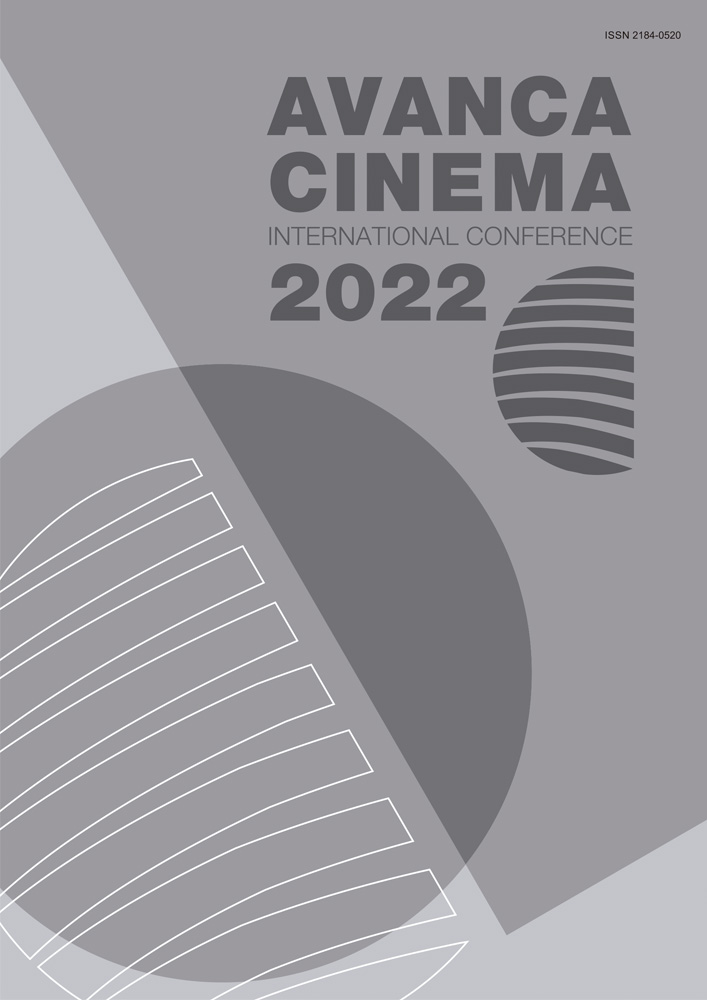Capítulo II _ Cinema - Cinema
A experiência da inclusão: o primeiro edital de longa-metragem com cotas de gênero e raça na Agência Nacional do Cinema do Brasil
Resumo
In March 2018, the Brazilian National Film Agency - ANCINE announces a call for the financing of featurelength films with an originality: quotas for cisgender or transsexual/transvestite women directors and black or indigenous people. In addition to the traditional regional quotas providing for 30% of the financial resources for the North, Northeast and Central-West regions and 10% for the South region and the state of Espírito Santo, it was included the participation of minority groups in a national call for production support through resources from the Audiovisual Sectorial Fund - FSA, a modality of direct investment. The income of this national fund is delivered via CONDECINE - Contribution for the Development of the National Film Industry, a tax paid by several Brazilian audiovisual sectors whose application is exclusive in the market. That’s why currently it is said that the incoming resources of FSA are self-generated. The call for production support in question presented resources of 100 million reais divided into two modalities: one focused on fiction, documentary and animation feature-length films, without distinction of commercial or artistic objectives; and another focused on feature length fiction, documentary and animation films with an emphasis on an authorial profile and evident artistic purposes. Within the total, a minimum of 45% were directed to quotas. The purpose of this communication is to present the process that led to the decision to include quotas registered from the registration in the minutes of the Management Committee of the Audiovisual Sectorial Fund meetings; the selection’s criteria of projects based on the public call for selective subsidies; and the results achieved. The results will be analyzed not only from the perspective of final approval, but also by evaluating the current state of the films. The assessment gains importance not only from the point of view of the unprecedentedness - it was the first time in 10 years of the FSA operation in which minority quotas were considered - but also from the current political situation in Brazil in which the inclusion agenda is questioned.

Este trabalho encontra-se publicado com a Licença Internacional Creative Commons Atribuição 4.0.

